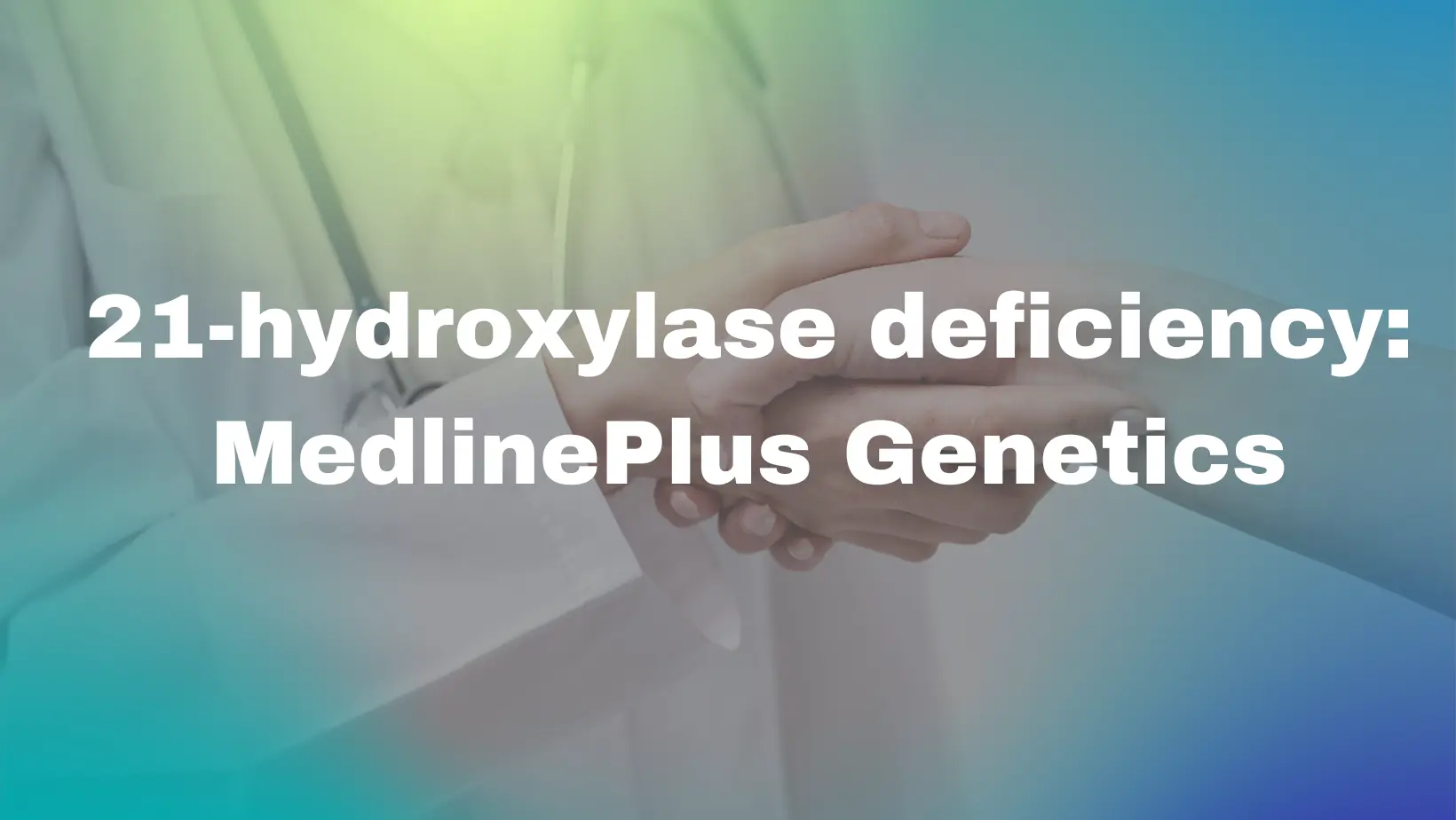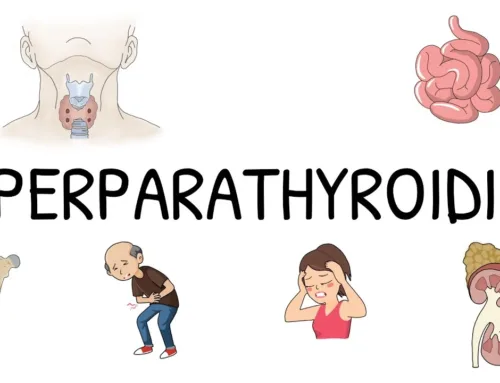21-hydroxylase deficiency (also known as 21-OH or 21 OHD) is a rare condition that affects the adrenal glands. The adrenal gland is above your kidneys and makes hormones that help control your heart rate, blood pressure, and potassium levels.

Frequency
21-hydroxylase deficiency is an inherited disorder that affects the adrenal glands. The adrenal glands sit on top of each kidney and produce hormones that regulate many body processes, including blood pressure and metabolism.
Children with 21-hydroxylase deficiency tend to be very sensitive to stressors such as infections or injury; they may develop symptoms such as vomiting or increased heart rate when faced with these situations instead of simply experiencing anxiety about them, as most people do. In this condition, the body produces too little cortisol (a hormone made in the cortex of the adrenal gland) or none at all. Cortisol helps to regulate blood sugar levels; without enough cortisol, your child may have high blood sugar levels after eating meals because their body can’t use glucose effectively as energy.
Causes
21-hydroxylase deficiency is caused by a defect in the gene that makes the enzyme 21-hydroxylase. This enzyme is needed to make cortisol, a hormone that helps to control your heart rate and blood pressure. It also helps regulate potassium levels.
Symptoms may include
Symptoms of 21-hydroxylase deficiency may include:
- High blood pressure. This can lead to heart problems, kidney problems, and stroke.
- Heart failure or rhythm disturbances (arrhythmias).
- Kidney stones and renal insufficiency (kidney failure).
- Sweating, weakness, or fatigue.
Other Names for This Condition
- Congenital adrenal hyperplasia (CAH) is a condition that can affect both men and women. In females, it causes problems with sexual development before birth. In males, it affects the testicles and penis during puberty.
- 21-hydroxylase deficiency is a rare disorder that affects the adrenal gland’s ability to make an enzyme needed for normal hormone production.
Conclusion
In conclusion, 21-hydroxylase deficiency is a rare disorder that causes the body to produce high levels of androgens. These hormones can cause serious medical problems if left untreated, so people with this condition must receive proper treatment after diagnosis as soon as possible.
Also visit What can I do to increase my bone density?




Leave A Comment